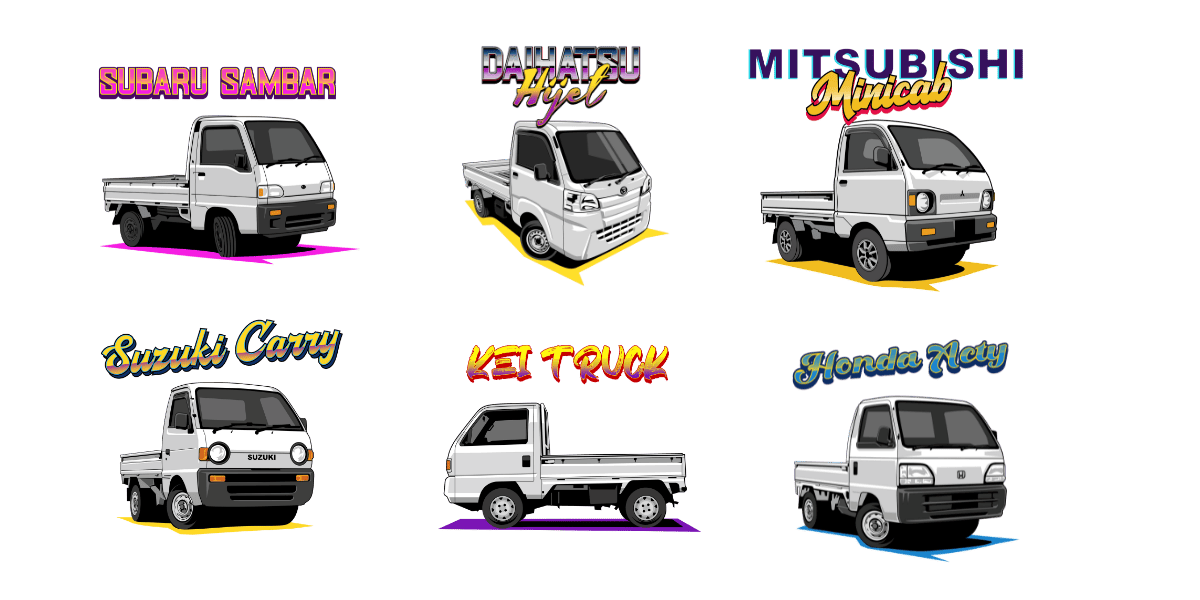
Are Kei Trucks Legal in the US?
In the United States, Kei trucks have found a niche, especially in bustling city environments. They are frequently employed in industries such as construction and building maintenance. Large resorts and campgrounds often use them for their maintenance needs. Off-road enthusiasts also appreciate Kei trucks for their affordability and standard four-wheel drive. However, their legal status in the US is somewhat intricate.
Kei Truck Street Legalities
Approximately 19 states currently permit Kei trucks to be used on public roads, akin to the legality of ATVs in certain regions. However, the regulations vary from state to state, with some only permitting their use on private lands.
Due to their compact size and engine capacity, Kei trucks are often subject to speed limitations and prohibited from highway use. This is to ensure safety at high velocities or on congested highways.

Federal Regulations for Kei Trucks
On a national scale, the US has rules that prohibit the importation of foreign vehicles unless they comply with federal pollution and safety standards. These vehicles are only allowed to be imported once they reach the age of 25, at which point they are classified as classics.
The NHTSA, a department within the U.S. Department of Transportation, is responsible for formulating and enforcing these standards.
Historically, the NHTSA has ruled that many non-certified mini-trucks, including Kei trucks, do not fall under the category of motor vehicles. Therefore, they are not required to adhere to federal safety standards. However, the NHTSA does not advocate their use on public highways due to the fact that these vehicles are not manufactured to meet U.S. safety standards.
Insights into Kei Truck Legal States
While national regulations provide a general guideline, the registration and licensing of these vehicles are typically governed by state law. Consequently, the legality of driving a Kei truck can vary significantly depending on your location within the United States.
It’s also worth noting that all Japanese Domestic Market (JDM) vehicles, including Kei trucks, are exclusively right-hand drive. This could pose a unique challenge for drivers accustomed to left-hand drive vehicles and is a factor to consider if you’re contemplating purchasing a Kei truck.
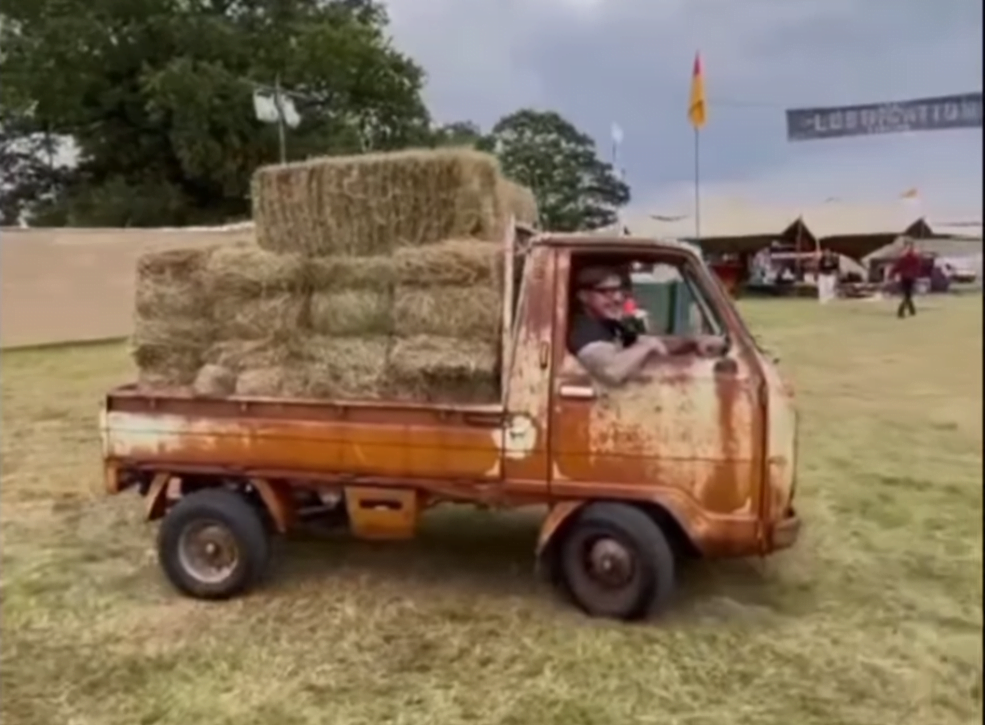
State-Specific Legality of Kei Trucks
The permissibility of these compact, fuel-efficient vehicles varies across the U.S., largely due to differing safety and environmental standards.
Are Kei Trucks Legal in California?
In the Golden State, Kei trucks can be driven on local roads, but not on freeways. This is due to the fact that many of these vehicles are not equipped with EPA-compliant engines for highway use. However, there are no restrictions on their use for off-road activities.
Their off-road capabilities make them a popular choice for those in need of a compact work or recreational vehicle.
Are Kei Trucks Legal in Texas?
In the Lone Star State, the situation is a bit different. Kei trucks are not street-legal due to the state’s stringent safety standards for passenger vehicles. These trucks often lack standard safety features such as airbags and seatbelts, which can make them less safe in an accident.
However, there are exceptions to this rule. If the mini truck is used for agricultural purposes or has been modified to meet the state’s safety standards, it may be allowed on public roads. In these cases, the necessary permits and inspections are required.
Laws Governing Kei Trucks in other States
The permissibility of Kei trucks varies greatly across the U.S. For instance, in Alabama, you can use mini trucks on any public roads except interstate highways. The speed limit for these vehicles is 25 mph.
Florida allows registered mini trucks to operate only on streets with a posted speed limit of 35 mph or less. In Louisiana, you can use mini trucks freely with a speed limit under 55 mph. North Carolina allows mini trucks to be licensed and used on all NC roads.
In Washington, mini trucks are street legal. Wyoming permits mini trucks on any roads except for interstate highways. It’s important to note that none of the 50 states allow mini trucks on interstate highways. This is due to safety reasons and the fact that most Kei trucks can only reach a maximum speed of 65 mph, which is lower than the speed limit on interstates.
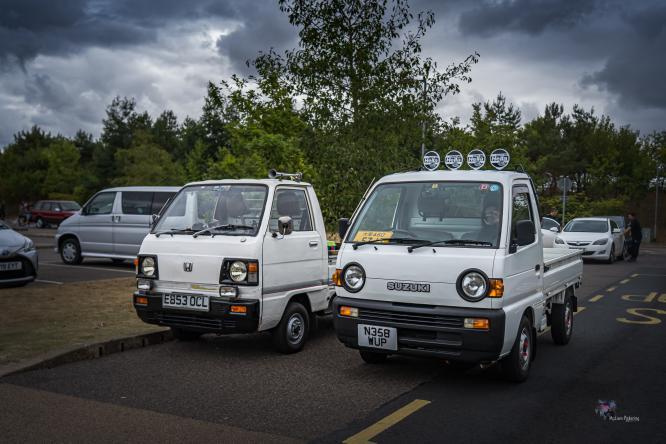
Process to Legalize a Kei Truck
If you’re considering buying a Kei truck, it’s important to check with your state Department of Motor Vehicles on their street use status. The process of legalizing a Kei truck in the U.S. often requires significant modifications to the vehicle to bring it up to FMVSS compliance.
Mini trucks over 25 years old are exempted from DOT regulations. Those over 21 years old are exempt from EPA emission restrictions. However, you’ll still need to comply with registration, insurance, and state rules regarding these vehicles.
The legal status of Kei trucks is continually evolving. Many states are currently in the process of either allowing or restricting their use on public roads. Therefore, it’s important to stay updated on the latest regulations in your state.
Maintenance and Insurance of Kei Trucks
Kei trucks are manufactured by companies like Honda, Mazda, Mitsubishi, Toyota, Suzuki, and Subaru. They’re primarily designed for cargo, with many featuring beds with flip-down sides and a tailgate. These trucks are known for their reliability, with Suzuki, Mitsubishi, Daihatsu, and Subaru considered the most dependable brands.
However, regular maintenance is needed, and sourcing some parts for a mini truck might be more challenging than for common vehicles. These vehicles are expected to last around 90,000 miles (150,000 kilometers) or more.
Kei trucks usually cost less than $10,000, making them a budget-friendly alternative to purpose-built vehicles like UHVs. The price of a Japanese mini truck depends on its condition and age, with some costing under $5,000.
Insurance costs for a mini truck can vary significantly. Some people have secured insurance through Progressive, State Farm, and Hagerty. However, it’s important to do your research as not all insurance providers may offer policies for mini trucks. You may need to provide documents like a release letter from the EPA and the DOT, or a letter from the US Customs Entry Bond to the insurance company.
Purchasing a Kei Truck
If you’re considering acquiring a Kei truck, there are several aspects to bear in mind. Given their age, these compact pickups can circumvent the U.S.’s 25-year import law, which restricts the importation of vehicles younger than 25 years if they don’t comply with all FMVSS. This means they can be legally imported into the U.S., making them accessible for your use without any legal hurdles. We will have a chat with some importers and do a separate post, outlining the steps on purchasing one.
How Much is a Kei Truck?
The cost of a Kei truck can range widely. On average, a pre-owned mini truck is quite economical, with prices around $4,500. However, if you plan on customizing it with a fresh coat of paint or additional features, the cost could escalate.
With these enhancements, the estimated cost could climb to approximately $8,500. The most recent models can be even more expensive, with prices soaring to over $17,000. This price can vary based on factors such as vehicle options, shipping expenses, and specific models.
Navigating the Kei Truck Landscape in the US
In conclusion, Kei trucks are undoubtedly compact, handy, and economical vehicles with versatile applications in various domains such as agriculture, construction, and even personal use. However, navigating the legal intricacies of owning and operating a Kei truck in the United States can be challenging. With differing state-specific regulations, limitations, and requirements, it’s crucial to engage in diligent research and consultation to understand the scope of Kei truck usage in your state.
Remember, these rules are continually evolving, so staying updated on the latest regulations is key. Despite the legislative hurdles, Kei trucks can serve as an efficient and cost-effective solution for specific needs, significantly if you seek a compact utility vehicle for off-road or small-scale commercial use.
Information not up-to-date?
Please leave a comment to let us know if this information is out of date, or fill out the form below as we are working on making a detailed guide with the most up-to-date laws and regulations for Kei trucks!
Disclaimer
The information provided on this website, including any data, text, graphics, images, and any other material, is for informational purposes only and is not intended to serve as a substitute for the consultation, diagnosis, and/or legal advice of a qualified attorney or other professional. While we strive to provide accurate and up-to-date information, there is no guarantee that any statement contained in this website is accurate, complete, or up-to-date.

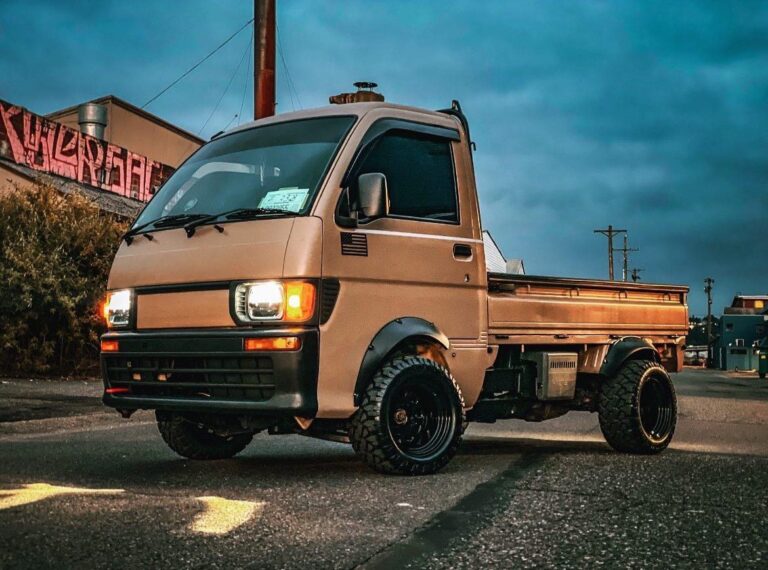
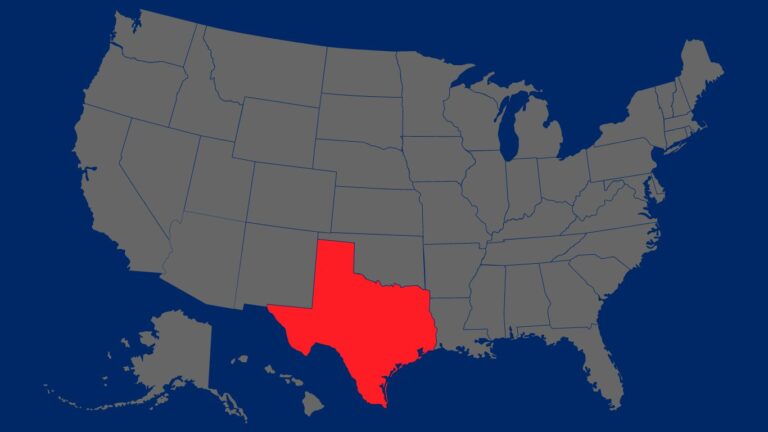
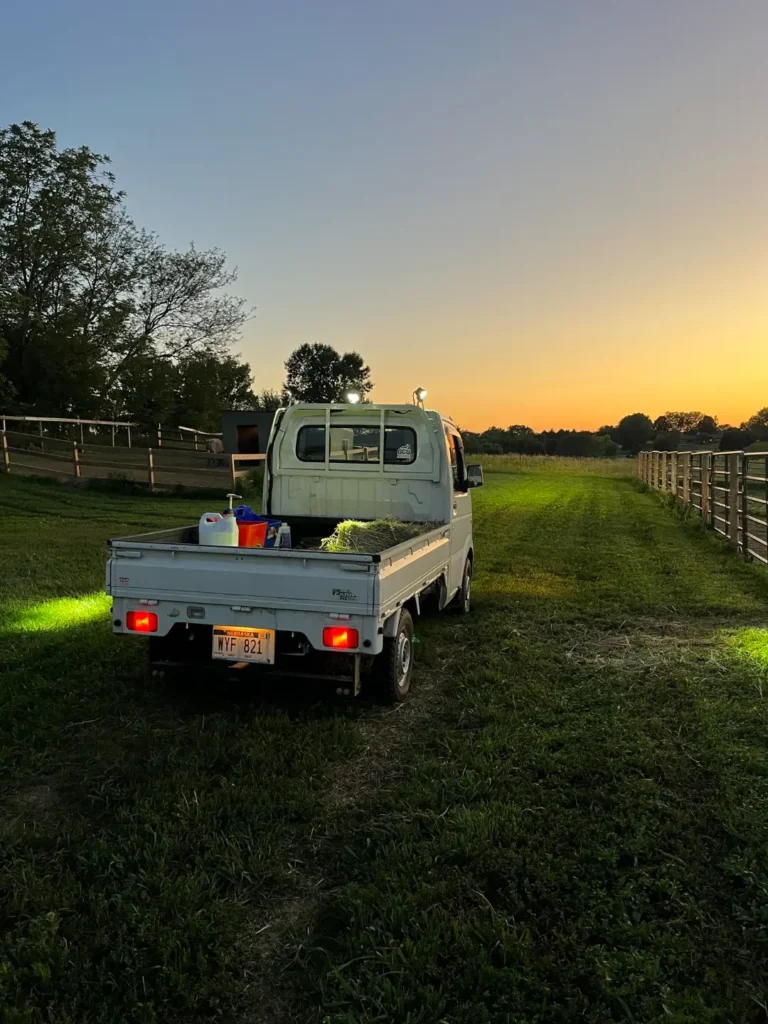
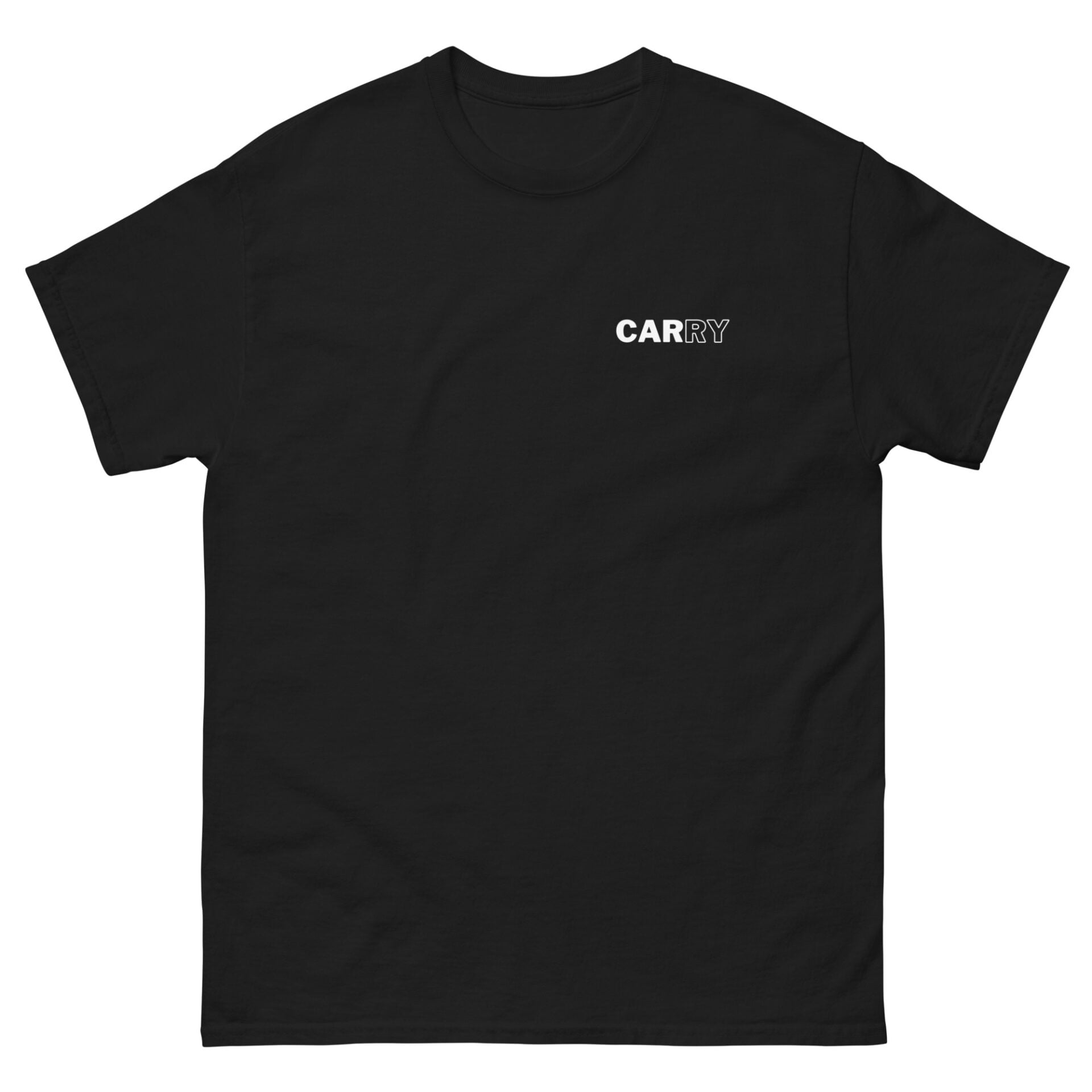

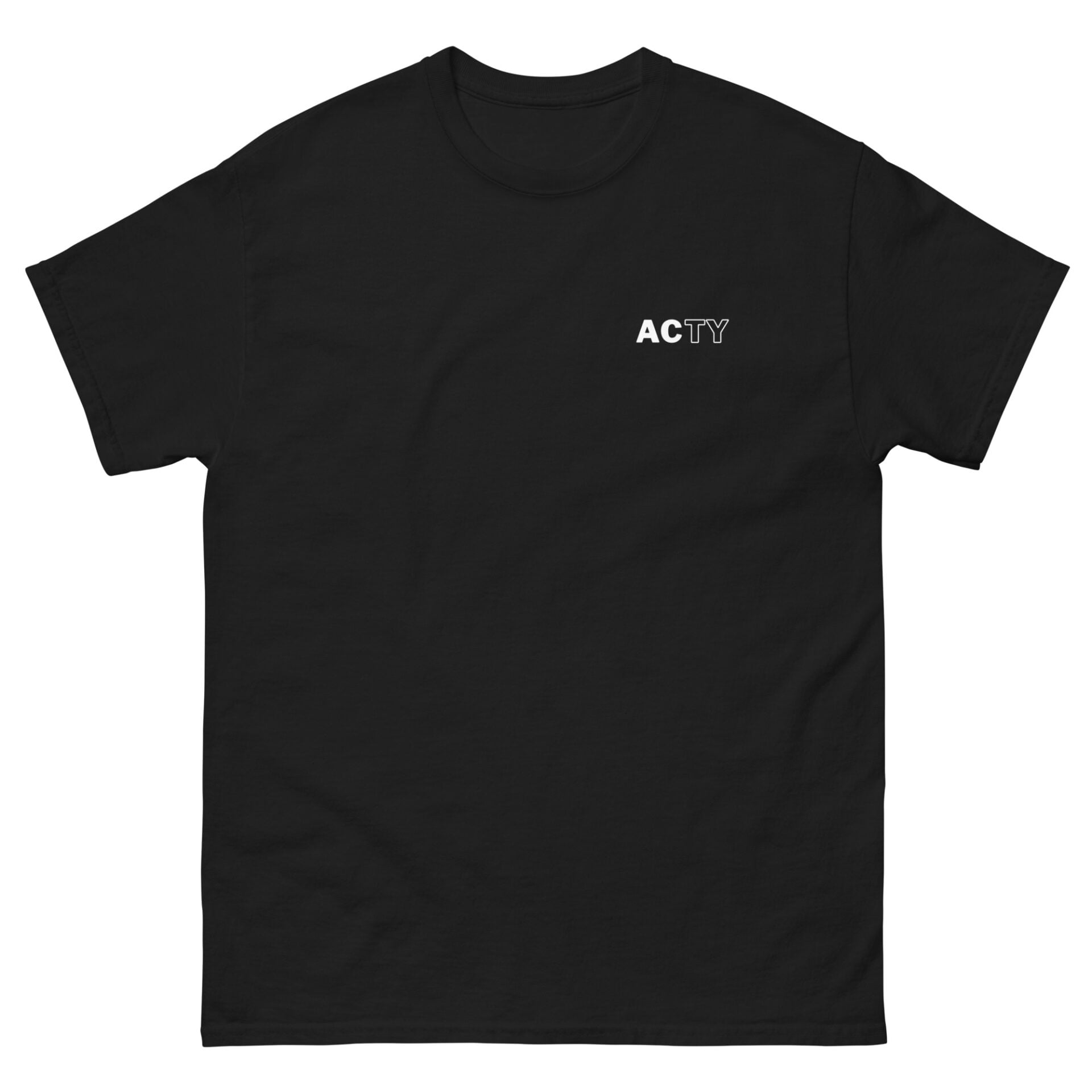




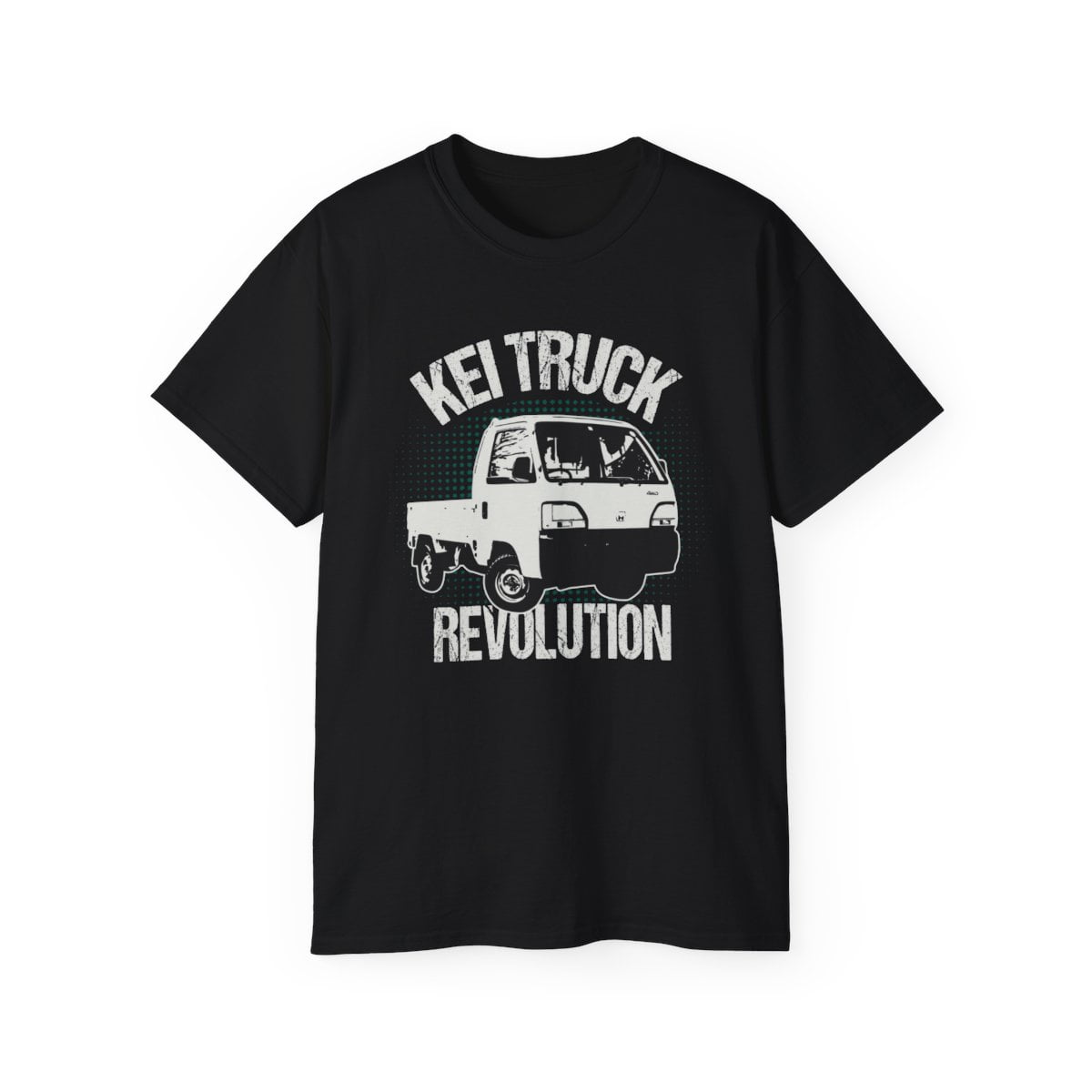
10 comments
Terry wilcox
I live in MO
I went to dmv to see if mini trucks are legal to drive they call the head office they told they were legal
I bought a truck went to dmv i had shipping docs they gave a long list of paperwork i needed i got a temp plate from mo .
I went to ark got it titled and plated was going to title in mo when title came in .
Got pulled over today the officer thought they were not legal
He took number and told me he would do some digging
He call me back and said they were not legal
Mon going to dmv agian and do some digging
What do you know about mo law
Jeannie
Terry, have you any updated information since posting a few weeks ago? I work for a Missouri insurance company and a customer has just asked about insuring one of these vehicles. I’m gathering info. Thanks.
Eddie rogers
I live in MO but am hesitant to buy one because I don’t know if they are street legal. Please let me know the outcome
Karen Michael
I am moving to Wyoming and I really would love one of those mini trucks 🚚. But I have some time before I can actually buy one.
Matthew G
“ KEI-Class vehicles cannot be registered or titled in New York State. (Authority: Section 400-a of NYS VTL)”
According to – https://dmv.ny.gov/registration/how-register-imported-vehicle
Chris
These laws the do not allow Kei truck because of safety are horseshit, but motorcycles without any of the same safety items are perfectly legal. Maybe I could see restricting them to non interstate use, but personally If they are able to do 45 mph or above maybe they should be allowed as 45 mph is the min speed on interstate highways. Laws stating they can only be driven at 25, 35, or 55 mph are BS as motorcycles are not restricted and have zero safety features.
RAN MAN
I sold my Victory motorcycle to buy a Mazda Scrum mini truck for way less than $10K with only 12,000 kilometers on the odometer complete with all the service documentation. The DMV didn’t know how to process my Japanese paperwork for registration, their emissions test was a total failure because they could not link a connection to their test system so it was totally waived forever. After 2 months of doing lots of work we got it tagged, insured and customized with stereo, wheels, tires and off road lighting. It does 50 MPH with no problem and laughs at the snow in 4WD. Worth all the trouble. It get’s more attention than my old corvette. NO BRAINER FOLKS. New US trucks are triple the price I paid for a totally cool Kei truck.
Robert L Roberts
Thank you. A hijet jumbo would be great on the farm.
Monica Delk
Interested in Keitrucks
Dante D'Antilio
Are these allowed in NH